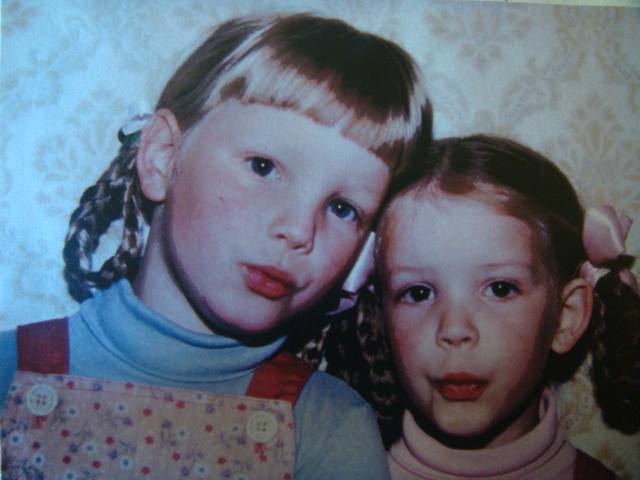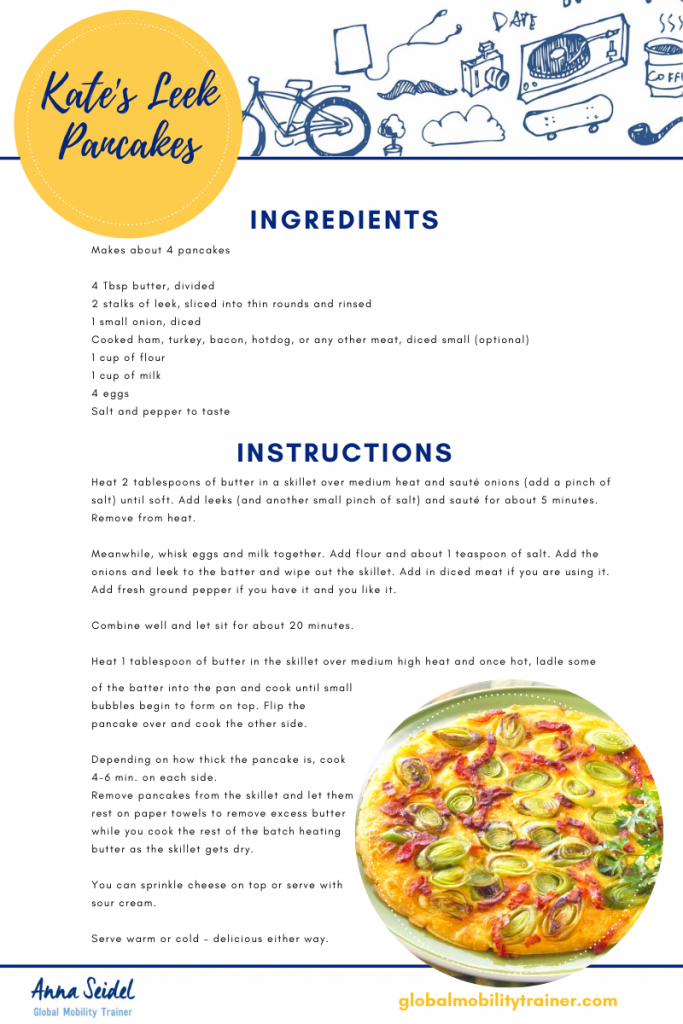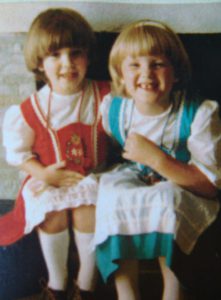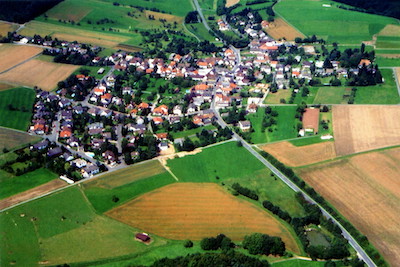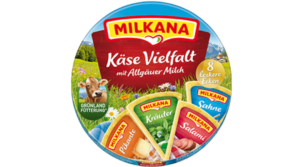Few people share our childhood memories and experiences like our siblings do. This is especially true for TCKs, since being far away from the usual networks of family and friends means we spend most of our time together; we experience transitions and build memories, travel far and wide and often face similar struggles at school (e.g. being the only kids with smurf-blue icing on our birthday cake).
When we moved to Germany in the late ’70s with the US Departement of Defense our parents wanted to make the most of our time so we immersed ourselves in German culture. We lived in a small village (pop. 700) and Kate and I started German Kindergarten. In a bid to increase the immersive experience we spent very little time “on base” and integrated into village life where possible.
German village culture at the time was still very much a multi-generational affair for most of our classmates, consisting of afternoons with Oma & Opa, various Aunts & Uncles to shower them with attention (& cash!) and cousins to roam the countryside with. We were missing all of these and had to rely solely on each other and our working parents for connection – which they readily provided but ours was a limited network.
Over the course of the first year we generated a lot of interest in our small village and our outgoing parents quickly made friends. Most memorable to me were Heinz & Sigrid – at the same time intimidating and caring. Sigrid evened the score by giving us small amounts of money, just like a regular German Tante. She also made the most amazing food but was quick to point out we shouldn’t overindulge in it.
Some of our friends’ parents and grandparents also “adopted” the little American Mädchen and before we knew it we were networked and integrated into village life. Making local connections was fundamentally important to our happiness and well-being as children. Meaningful connections are one of the key factors of a successful global mobility experience for adults and children. If you struggle with this aspect of your expat life, I can help.
In today’s blog, my sister recalls connections we made much later, when the first two-year assignment had already turned into 10+ years.
As the world is in lockdown and everyone is trying to adjust to this strange new reality of confinement and fear, I’ve been thinking a lot about comfort. We all have our own version of a meal that reminds us of home, of our childhoods, of safety, of comfort. And so I’ve been thinking about my comfort food and the memories connected to it so when my sister reached out for inspiration for easy quick, kid friendly meals, it seemed like the perfect time to unpack those childhood memories and share some of that comfort food.
In 1978, we moved from the USA to (West) Germany, a country determined to actively confront its own very recent and very dark history, barely 40 years after the end of World War 2. As a young child (and new to the country) that meant very little to me of course. To a 3- or 4-year old, 40 years is an unfathomably long period of time and war was certainly not something I was familiar with. But once we started school in the early 80’s, that changed. A significant strategy of the German government to confront the atrocities of the second World War was to include an honest look at that history within the educational system. As early as 3rd grade, homework for history and social studies classes routinely began involving assignments to interview grandparents or other older relatives about their experiences leading up to, during, and after the war. Since we did not have any grandparents or other older relatives who lived those experiences in Germany, we needed to find other elders to interview. But where to find them?
For many years, our Mom taught a Conversational English course for adults, most of whom had either lived in an English-speaking country at one time or another or had learned the basics and wanted to better their conversational English skills, and many of whom became long time family friends. One such friend was a lovely woman named Annemarie. I’m fuzzy on the specifics of Annemarie’s past (I think there was an Australian husband in there somewhere) but she quickly became a dear family friend and eventually she christened herself our “Vize-Oma”, our Vice Grandmother, our stand-in for every German grandparent we didn’t have. In later years, my go-to interviewees for homework assignments included my violin and piano teachers and their lovely neighbors, all of whom were incredibly patient sources of hours upon hours of information that played a big part in molding me into who I am today and how German I feel.
But Annemarie, our Vize-Oma was the source of something else as well: comfort food and a love of watching tennis (it was the time of Germany’s reign in professional tennis with both Boris Becker and Steffi Graf leading the top of the field and in Annemarie’s eyes, the world had to wait when there was a tennis match on TV). I don’t remember the details – I’m sure Mom could fill them in – but at some point we got into a routine of weekly after school visits with our Vize-Oma. She would cook us a real German lunch and we would spend the afternoon with her, frequently watching tennis. I loved those afternoons. I loved her food!
That food – German food – is my comfort food. Sitting in my home, as we all are these days, I have been watching the outside world burst into spring. The trees are blooming, everything is bright green, the weather is getting warmer, and there is a lightness in the air despite what the world is going through right now. Thinking back on the food that I associate with my childhood, with that safety and comfort, I realize a lot of it is quite heavy. It involves meat, potatoes and some form of cabbage (all delicious!) or traditionally canned vegetables like peas and carrots, but there are a couple of comfort food meals that stand out as distinctly springtime meals. The first is Spargel, white asparagus, which was like candy to me and a truly seasonal delight. The other is leek pancakes. I think what struck me as a kid about leek pancakes was that a) you could have a savory pancake (I’ve never had much of a sweet tooth) and b) you could have pancakes for dinner!
So, one of these lovely spring days, I think I might make some leek pancakes for dinner. Guten Appetit!
– Kate McKenzie

